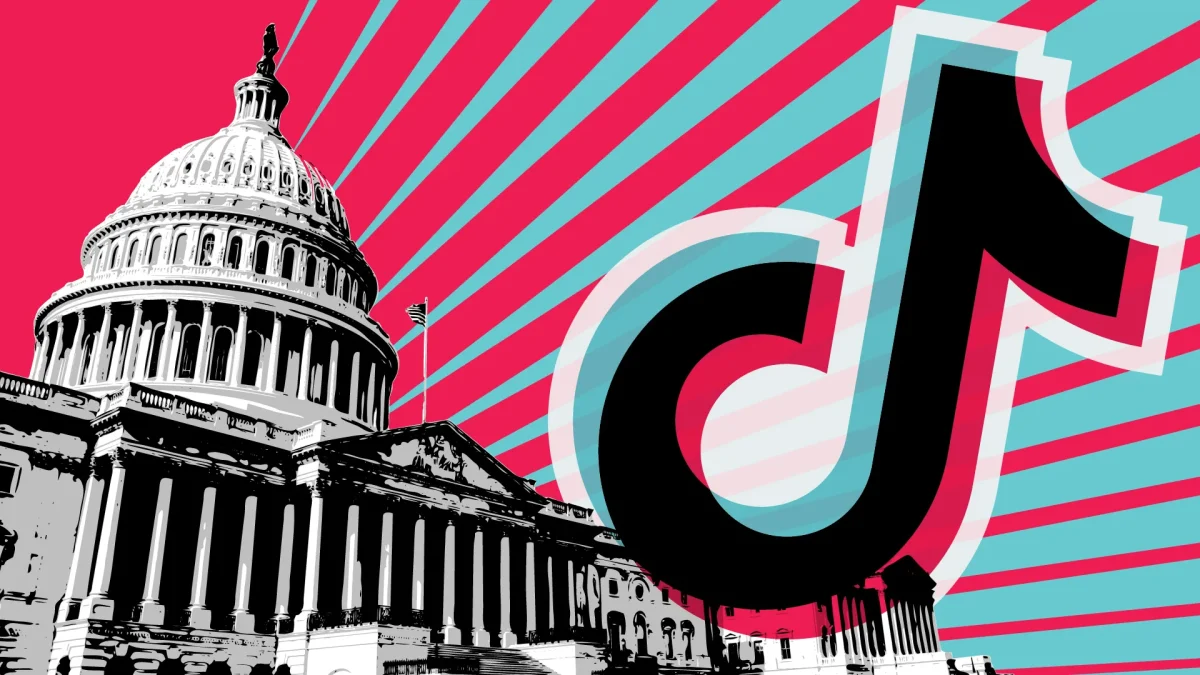In April 2024, President Joe Biden signed a bill requiring TikTok to be sold to a non-Chinese company. ByteDance, the company that owns TikTok, has resisted Biden’s demands, planning another appeal before the app faces a potential ban on Jan. 19, 2025.
Despite TikTok’s massive popularity, with over one billion users worldwide, U.S. officials have raised concerns over national security threats. The prospect of banning the app has sparked both praise and controversy. A majority of the problems lie in the company potentially sharing sensitive user information with the Chinese Communist Party (CCP), tracking videos watched by Americans while manipulating information to sway public opinion about China.
The U.S. government banned the app on government devices in 2022 and then expanded the ban to all devices used by a government official in 2023. Critics argue that TikTok is no more of a threat than other American-owned social media apps that collect and sell user data.
“Without TikTok, you can make Facebook bigger, and I consider Facebook an enemy of the people,” Trump told CNBC. Trump’s concerns are now geared towards Meta, and he has openly expressed criticism toward the platform.
Former President Donald Trump has varying opinions regarding the ban. Trump has indicated that once he’s sworn into office next month, he may make plans to save the apps future. This comes after his meeting with TikTok CEO Shou Chew on Dec. 16. Chew argues that this ban violates its First Amendment right to freedom of speech. The DC Circuit said its decision did not run afoul of the Constitution, ruling that it satisfies a standard called “strict scrutiny,” which states that government restrictions must be met on speech to stand.
Trump’s supportive stance is different from the one that he took during his previous administration, in which he fully supported a TikTok ban. Four years later, he’s open to keeping the app around.
However, Biden has stated that if TikTok progress towards making a sale, he may allow a 90-day extension before putting a ban in place. The Supreme Court has a six-justice conservative majority, meaning that they are likely to vote in favor of the ban. However, this could go many ways — The Supreme Court could decide not to review the case at all, in which case, TikTok is out of luck.
Trump’s ability to intervene before the ban takes effect is also unclear. Since he is scheduled to be sworn into office on Jan. 20, 2025 — one day after the ban’s implementation — his options may be limited. If TikTok’s appeal fails and the ban proceeds as planned, the app’s future in the U.S. will hinge on swift action by the incoming administration.
The debate over TikTok has created conversation regarding broader concerns about data privacy, free speech and the role of government in regulating technology. As the deadline approaches, the outcome will likely set a precedent for how the U.S. navigates the intersection of national security and digital innovation.









